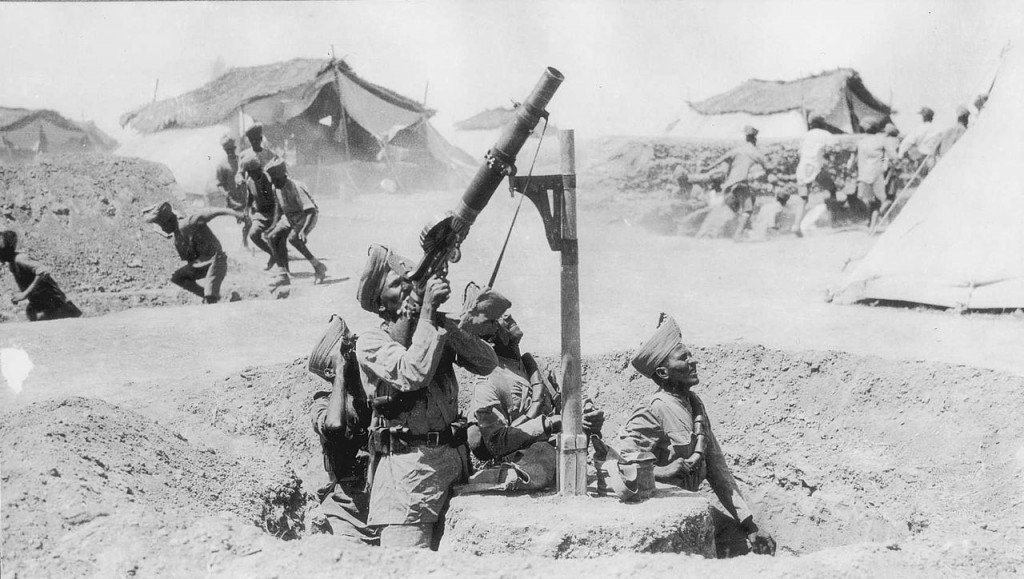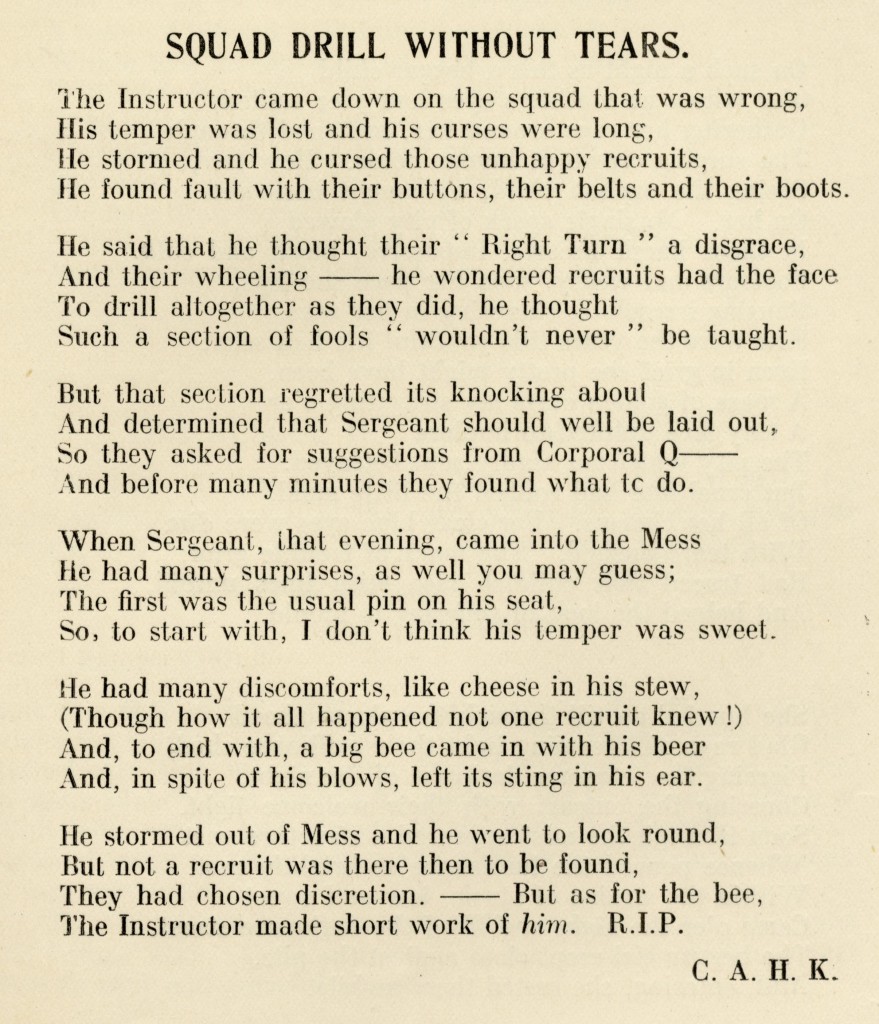The House met on Thursday, November 11, to discuss the motion’That in the opinion of this House Britain’s unreadiness for the War was entirely due to the negligence of the Government.’
The Proposer (The PRESIDENT) said that it might seem presumptuous for schoolboys to discuss such a motion, but he considered that the members of the House formed part of a most valuable class in Society. Before he dealt with the question he asked the House not totreat it as one of party politics, for it only happened that a Liberal Government was in power. He conceived that he had three things to prove : That there was danger; that we were unready; that the Government saw the danger, The ‘first needed little proof in the light of what we know now, though some may have known of the literature of Anglophobia, semi-official in character, published in Germany. As to the second, the President said that the mere fact that only two thirds of our expeditionary force was sent across at first would prove it, but even our full Expeditionary Force was absurdly inadequate, as every eminent soldier knew. But most of all we were morally unprepared. Now the Government had had six distinct warnings. The Morocco incident, where Germany tried to break the Entente ; the acceleration of the ‘German Naval programme in 1908 ; the third warning in 191o, of which little was known ; the famous Agadir incident ; the extraordinary mission of Lord Haldane, which fully enlightened the Government, according to Mr. Asquith ; and, lastly, the German Army Bill and Loan of 1913. This last showed that Germany’s best hour to strike would be somewhere in the year 1914, when we were being told that we were on the best terms with Germany, and when Lord Roberts was being insulted in Parliament for telling the truth.
The Opposer (Mr. ABRAHAMS), in a short speech, said that he fully admitted the President’s three points, but contended that nothing else could have been done. The Government received from their predecessors the ideals of Peace, Retrenchment and Reform. The Imperial Defence Committee had advised that no form of National Service was necessary, and no one of either party listened to Lord Roberts. The majority had always been against a large aimy, and while the Government were trying to get such an increase, as the President suggested, sanctioned by the people, Europe would see what was up, and Germany would attack us. The fault lay not with the Government, but with English history.
The Seconder (Mr. BRANDON-THOMAS), in a fluent but rather irrelevant speech, began by comparing the Opposer to Parliament, which always does what their forefathers did, and then blames them. We ought to have learnt our lesson from the Boer War, but we didn’t, and all our armchair critics laughed at Lord Roberts. The Government was always leaving things to be done afterwards, so they never got done at all. In peace they refuse to listen to the demands of the War Office and the Admiralty ; and when war finds the country unprepared, they are offered up as a scape-goat. The Government was always afraid of something—of the people, or of Germany, or of itself. Mr. Brandon-Thomas drew a, glowing picture of the elder Pitt’s measures, and proceededto deliver a venomous attack on Lord Haldane. He finished by saying that the Government had always crushed patriotism, and were horrified at any lack of it when disaster came.
The debate was then adjourned till the next meeting.

